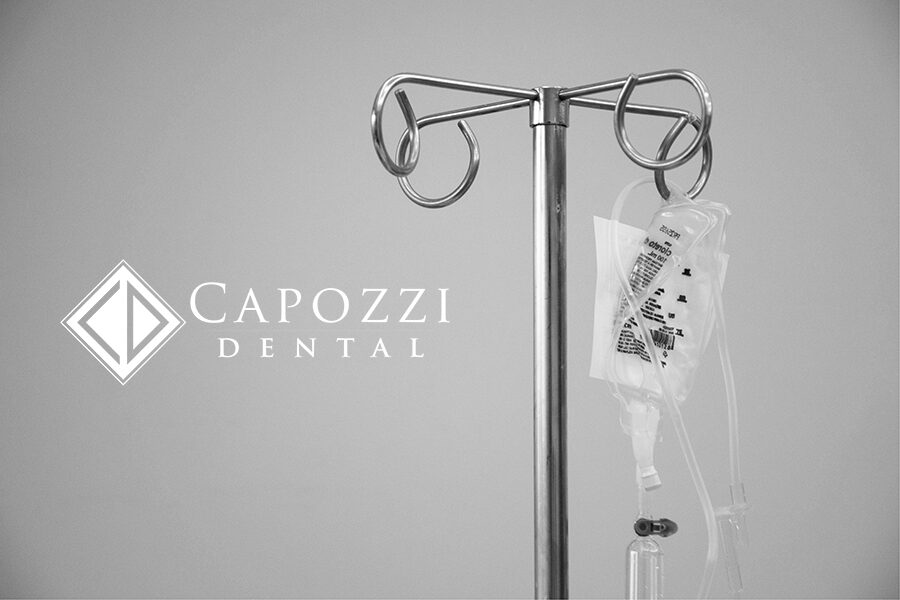Many people don’t exactly enjoy going to the dentist. In fact, 75% of adults have a dental phobia or fear of dentists.
While under general anesthesia for dental care, you will “be asleep”. Unlike regular sleep, you will not dream, nor will you wake up until after the dentist completes your care. Your anesthesiologist and the support staff will be with you until it is time to wake up and you emerge from anesthesia.
To be asleep for dental work is another way of saying you want general anesthesia for dental care.
General anesthesia is a state of unconsciousness produced by an anesthesiologist where the patient does not remember or feel anything during the procedure. In addition, the patient remains still and does not move. The anesthesiologist will monitor the patient continually and ensure that the patient remains safe until the patient emerges from anesthesia.
What Happens During General Anesthesia Dentistry?
First, the patient should meet with both the dentist and the anesthesiologist for a consultation prior to the day of the appointment. During this consultation, the dentist will decide if the treatment requires general anesthesia. If it does, then the anesthesiologist will discuss the option of general anesthesia for dental care and ensure that you are healthy enough to have this performed. During the consultation, the anesthesiologist will also review the risks and benefits of anesthesia and answer all your questions.
On the day of the appointment, your anesthesiologist will again check to make sure that you are healthy and ready for anesthesia that day. All of your questions will be answered by the anesthesiologist. General anesthesia can then be started in one of several ways – by IV, by breathing through a mask, or by an injection (much like a vaccine). Once asleep an endotracheal tube is inserted. The endotracheal tube works like a snorkel, allowing the patient to breathe and protecting the airway when the dental work is being done.
Why use General Anesthesia for Dental Care?
- Large or extensive amounts of treatment to be performed
- Uncooperative or phobic patients
- Patients with special healthcare needs
- Failed to accomplish treatment with sedation, laughing gas, and/or behavior management
Dental anesthesia allows people to gain a sense of comfort about complex or lengthy procedures and may enable some patients to undergo elective procedures they have previously feared. Several methods help to control pain, lessen discomfort and assist in relaxation. Depending on the type of anesthesia used, discomfort during the dental procedure can be significantly reduced or completely eliminated.
Contact Capozzi Dental today to discuss General Anesthesia Dentistry! We’re happy to answer any questions you may have. It is important to discuss the risks of sedation dentistry with a dentist before undergoing any dental procedure.


